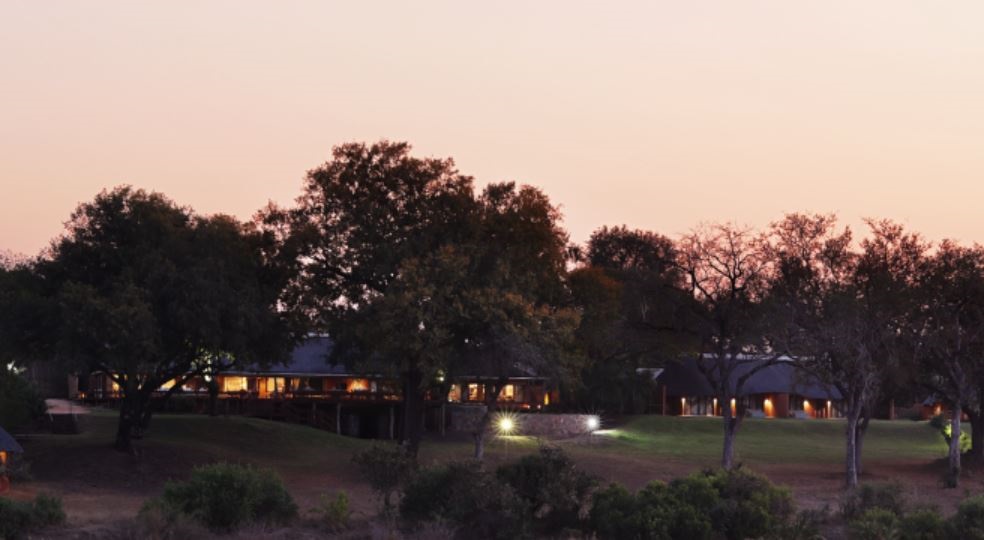
When Frans Unger split part of the future MalaMala game reserve between his two daughters in the 1950s, it was the start of a golden period for the family.
As labour tenants or rent-paying "squatters" were removed from surrounding farms, the young women built neighbouring camps on the western bank of the Sand River.
These collections of rondavels became the setting of family holidays crammed with "memorable and exciting times", in the words of an appeal court judge this week.
Seventy years later, memories are all that are left for the four children of Nan Trollip and Phyllis Beaumont.
For a decade, the cousins have been embroiled in litigation in their attempts to retain access to the camps.
But after the sale of Charleston farm and a land claim that saw all 13,300 hectares of MalaMala handed back to the local community, the Supreme Court of Appeal said the quartet have reached the end of the road.
It means no more free family holidays, complete with use of the reserve’s 4x4s and servants, at an exclusive destination where couples pay up to R43,000 a night for encounters with the Big Five, and celebrities arrive from all over the world.
Judge Christiaan van der Merwe said the riverbank camps, which extended east as far as a 19km boundary with the Kruger National Park, "provided unique opportunities for the appreciation and enjoyment of nature".
In 1964, Trollip and Beaumont – both now dead – split their father’s 3,600ha farm into equal shares, and the following year their land and neighbouring farms became part of the newly proclaimed Sabi Sand Wildtuin.
In the mid-1980s, both women sold two-thirds of the shares in their farms to their neighbour, the late Michael Rattray, who is widely regarded as the father of the photographic safari tourism sector.
They signed agreements giving them rights to access the land on foot or in vehicles "for the purpose of viewing fauna and flora" and to bring up to 16 guests to the family camps.
Rattray Reserves undertook to maintain the camps and to make a four-wheel drive vehicle and three servants available whenever they were occupied.
But everything changed when the Department of Rural Development and Land Reform paid R1.1bn for MalaMala – including R258m for Charleston – and handed the property over to N'wandlamhari Communal Property Association.
The community took ownership in 2013 and signed a management deal three years later with billionaire businessman Stephen Saad, who owns the Sabi Sands Game Reserve that encompasses MalaMala.
"[Saad’s company] took the stance that the occupation and viewing rights had ceased to exist. It accordingly notified the [cousins] that they would not be granted access to MalaMala after 31 July 2016. That sparked the litigation that led to the present appeal," said Van der Merwe.
Trollip's daughters, Helen Westcott and Caroline Cormack, teamed up with Beaumont's sons, Rodrick and Michael, and asked the Mpumalanga high court for millions of rands in compensation for the loss of their rights to the camps.
In 2018, Judge Francis Legodi ruled that their rights expired when the government bought the land, but they succeeded in an appeal to a full bench of the court. On Monday, the appeals court reinstated Legodi's finding.
"In terms of the shareholder agreements [signed by Unger’s daughters in the 1980s], the occupation and viewing rights would not survive the disposal of the Charleston properties or even the sale of the minority shareholding in a Charleston company to a third party," said Van der Merwe in a unanimous ruling with four other judges.
"The [cousins] were not afforded the right to have the occupation and viewing rights registered against the title deeds of the Charleston properties, and … they in fact terminated when the Charleston properties were sold."
The four cousins told the land claims court in 2012 that if MalaMala was returned to the 2,000 members of the claimant community, the disadvantages they and the general public would suffer through “the loss of the world-renowned eco-tourism resource” were disproportionate to the advantages the claimants would gain.
MalaMala lies between the Kruger park and the 62,308ha Sabi Sand Reserve where Saad, the founder of Aspen Pharmacare, is said to spend most of his time.
